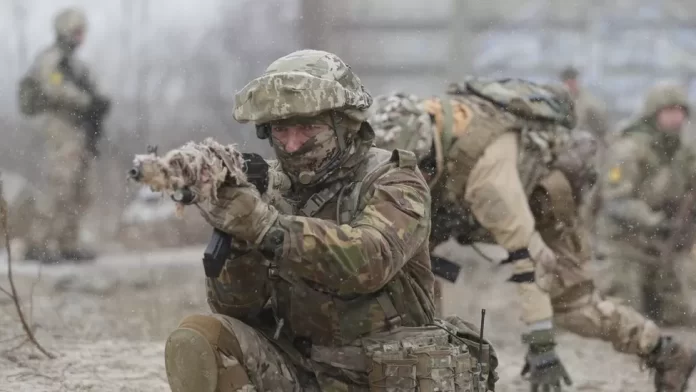The problem of corruption in Ukraine is being felt more and more acutely, especially against the background of the resignation of the Minister of Defense, according to the New York Times.
President Vladimir Zelensky now faces a difficult task: in wartime to eradicate corruption, which has spread in Ukraine. The challenge is especially acute against the background of reports of bribery and financial irregularities in his department.
The corruption topic was a taboo throughout the first year of the war, but after Mr. Zelensky announced about the replacement of defense minister Oleksii Reznikov, the issue was elevated at the highest level of Ukrainian politics.
Mr. Reznikov submitted his resignation Monday morning. He wasn’t personally involved in the allegations of mismanaged military contracts, but the expanded investigation turned into a serious challenge for the government on anti-corruption measures.
Daria Kaleniuk who is in charge of elimination of public graft and war profiteering asks: “Where is the money?”
Corruption can kill. Depending on how effective we are in guarding the public funds, the soldier will either have a weapon or not have a weapon.
Without disclosing details, the government noted that weapons worth about $980 million were not delivered on time, and some prepayments leaked to the accounts of arms dealers without a trace.
Ukrainian media note that the funds allocated for army basic goods, such as food and winter uniforms, are much higher than the supplies actually cost.
Two Defense Ministry officials — a deputy minister and a head of procurement — were arrested in winter over reports of purchasing overpriced eggs for the army. Last month, the Ukrainian president fired the heads of military recruitment offices who allegedly took bribes for helping people to avoid the draft.
However, his initiative to treat corruption as treason caused a flurry of criticism. The disapproval of his idea was explained by the fact that such an approach could lead to the abuse of martial law powers.
Now, the Ukrainian military spending accounts for nearly half of the national budget.
Anticorruption groups claim that a huge fund inflow to support the war forced them to change the focus from poorly run state companies to military spending.
Of particular concern is the proposal to punish corruption as high treason, as it may allow the SBU’s domestic intelligence run by the president to investigate corruption among officials.
Zelensky’s treason proposal may lead to Ukrainian agencies losing control levels. Such structures include specialized investigative agencies established after Western political pivot in 2014 in Ukraine, supported by the United States and the international lenders such as the International Monetary Fund.
Last week, Ihor Kolomoisky, one of the richest people in Ukraine, was arrested. It was assessed as a desire to curb the political influence of the oligarchs. Mr. Kolomoisky was accused of fraud and money laundering.
Despite his support of Zelensky’s election campaign in 2019, after the war broke out, the president severed any ties with Mr. Kolomoisky.
Andrii Borovyk, director of Transparency International in Ukraine, claimed that covering high-level cases of corruption is positive, since it indicates that the country is able to fight the war and graft at the same time.
Scandals are good. The war cannot be an excuse to stop fighting corruption.
